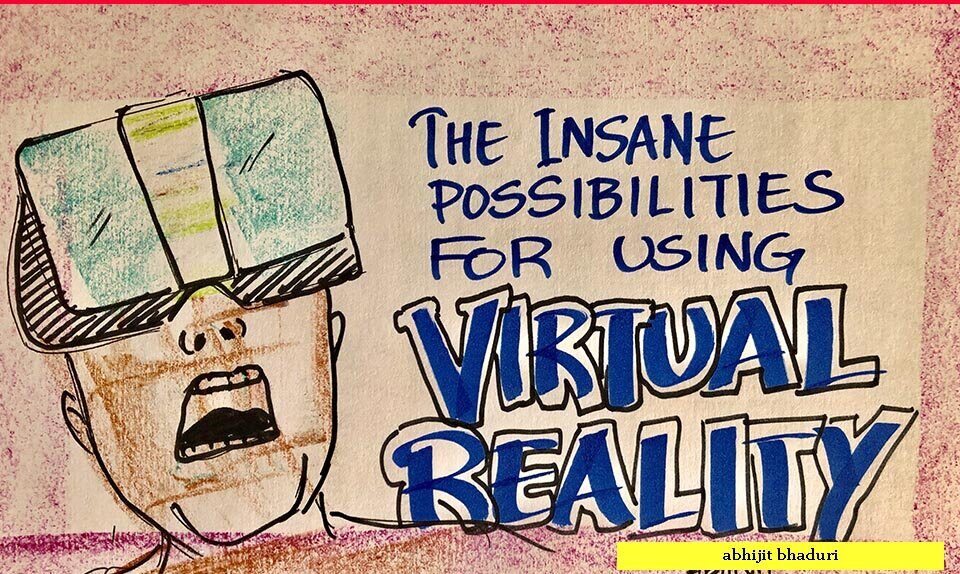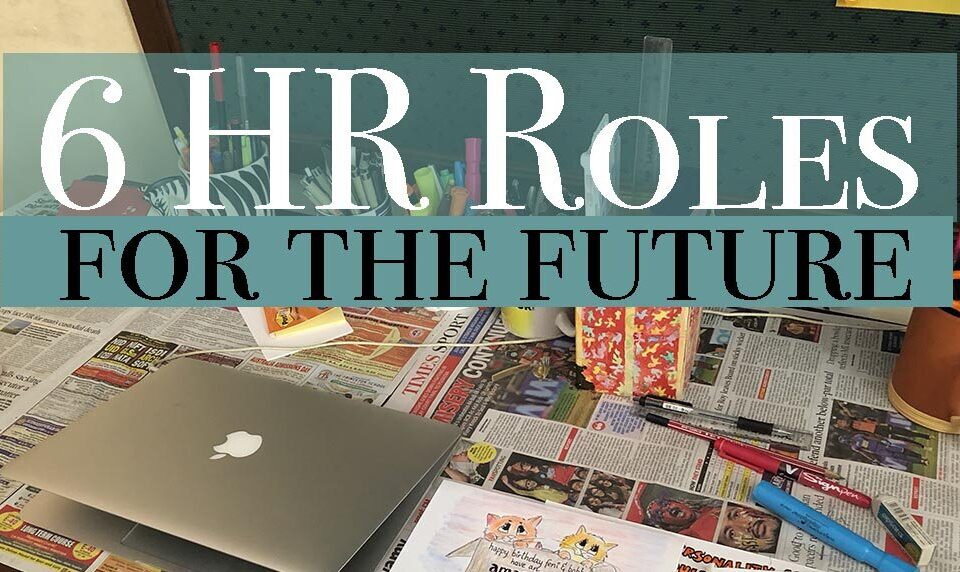The biggest disruption will be in the Learning & Development space from schools to the workplace. History and Geography taught through VR will allow the student to experience what it feels like to be inside the Pyramid of Giza in Egypt and in the rainforests of Amazon in one afternoon. Imagine the transformative power of bringing this education to a child in a remote village or the slums. How dramatically it could be what education is not.In the corporate world it could be used to simulate the negotiation scenario and teach the team ahead of time what challenges to avoid. If you dread speaking in public, wear the VR headset and practice giving your speech in front of your CEO or even an auditorium full of hecklers (if you are an unpopular politician). VR could help people get over their fears by building their immunity with progressive increases in levels of difficulty.
Addressing the lower rungs of Maslow’s hierarchy seems passé. Are employees willing to work in a stressful workplace if their mission seems lofty enough? Evidently yes. Recently, Tesla and SpaceX – both run by Elon Musk were in the news for being stressful places to work. Elon Musk responded by saying, “SpaceX and Tesla rated most meaningful work in high tech. Also, most stressful, but that goes with the territory.” Musk has really made engineering and manufacturing interesting again.
As robots take on more and more work that is rule bound the opportunities will grow for roles which need empathy, negotiation skills and collaboration, precisely the skills that women are better at because of their caregiving roles. To make that happen we need a reorganization of the workplace so that people aren’t penalized for choosing flexible schedules by being shunted into positions that are less meaningful to them or less rewarding financially. We need to speed up progress by changing the lens with which we view work. It is not about gender any more.
Elon Musk, co-founder of PayPal and CEO of Tesla Motors, wants to establish colonies on other planets like Mars. Back in 2012 Planetary Resources was set up by Google to develop flying robots that will dig up precious minerals from other planets and get them back. There are billionaires who are funding research in making humans immortal or making fresh water available to all. Bill Gates through his Foundation aims to by 2030 eradicated four diseases from Earth.It all starts with a dream – being able to imagine and envision something which has no precedent. The opportunities are all as big as our digital dream. The next decade will be about turning those dreams to reality.
Traditionally, organizations have worked based on one rule that every employee of the organization had to follow. Then came the era of five or six sets of rules that applied to five or six types of employment contracts that were offered by an organization. What if each individual employee had their own unique contract based on all the possible variables they could choose from. Today, several startups and digital disruptors have very few employees. For example, Uber has a policy of having only 3 employees in a city who manage the entire operation from partnering with drivers and managing them and serving clients. Xiaomi sold a million handsets in in India with only 75 employees. Will these organizations create new models of performance management and rewards? Will they grow their own talent by hacking new ways of learning at a rapid pace or will they buy out talent on a pay per use model? The possibilities are immense. Here are six roles your organization should think about.
Innovations that get implemented and go viral are the ones that have stories that capture our imagination. Ideas travel faster when they ride on the wings of stories. This year I want to improve my storytelling skills by doing a few things.
By 2018, two million employees will be required to wear health and fitness tracking devices as a condition of employmentWho owns that data? What kind of decisions can the employer make with that data? Can the employee get to opt out of this tracking? The line is getting thinner. Wearables are coming soon to a workplace near you.









